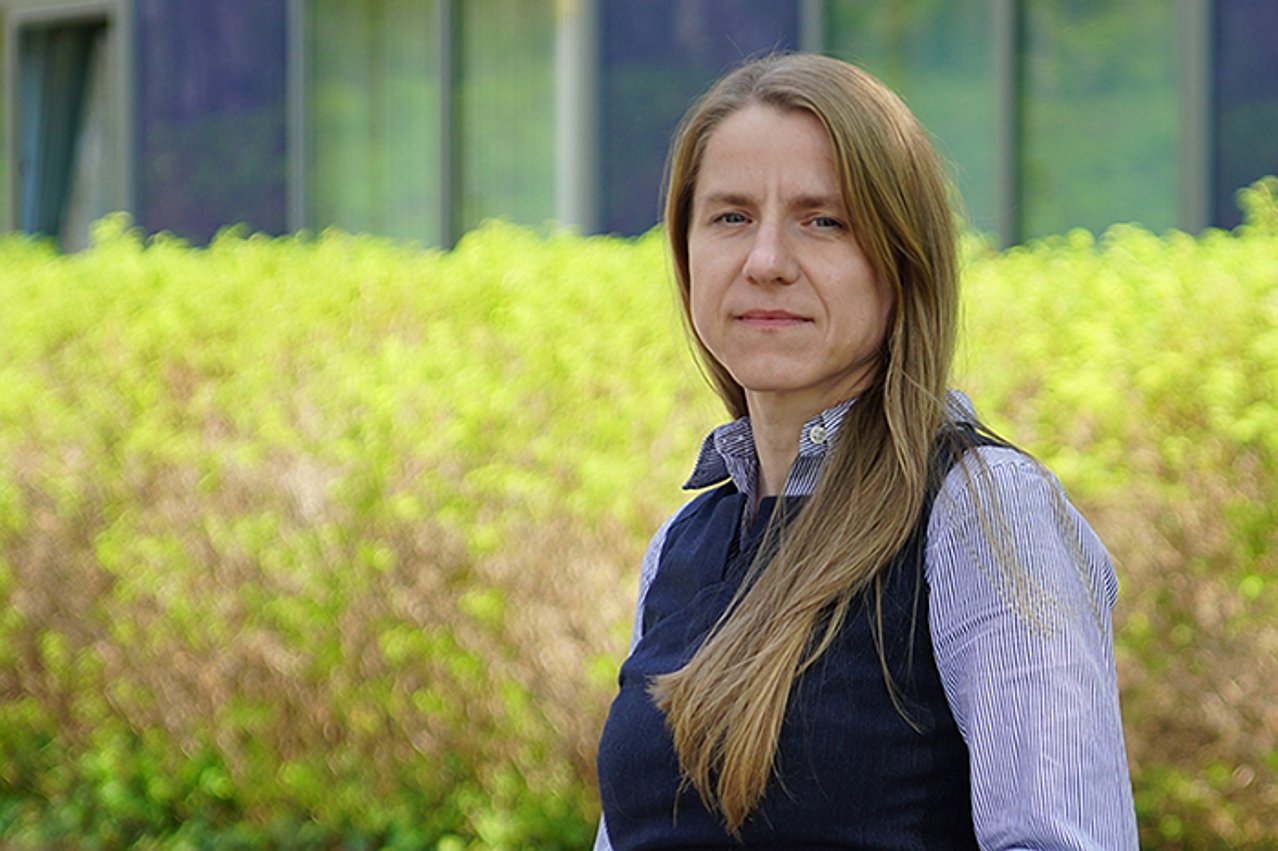Press releases
„MikroGraph“ research project gets underway
Thuringian research consortium develops innovative sensor technology for monitoring micropollutants in wastewater
With the launch of the MikroGraph research project, a new Thuringian research consortium is starting work. The aim is to significantly improve the continuous monitoring of micropollutants in wastewater in accordance with the new EU Municipal Waste Water Directive. The Thuringian Ministry of Economic Affairs is funding the development of a highly automated and cost-effective on-site analysis system with over €2 million from the European Regional Development Fund (ERDF).
Exposure to micropollutants – such as pharmaceutical residues, pesticides or plasticisers – has so far mostly only been recorded on a selective basis through sampling and central laboratory analyses. With the amendment of the EU Urban Waste Water Treatment Directive on 10 April 2024, the EU is sending a clear signal for water protection: from 2035, large municipalities must reduce micro-pollutant contamination in wastewater by 80 per cent – through more comprehensive data collection and targeted treatment.
Currently, micro-pollutants are usually analysed using individual samples that are transported to central laboratories for examination. This method is time-consuming and does not allow for an immediate response to acute pollution. The ‘MikroGraph’ research project addresses this challenge with an innovative measuring system featuring integrated components made of two-dimensional (2D) materials, which can detect the concentration of pollutants directly on site, enabling fast and reliable detection of pollutants.
The new Thuringian joint project brings together leading research institutions and companies from the German Land of Thüringen.:
- Friedrich-Schiller-Universität Jena (Coordinator Prof. Dr. Andrey Turchanin, AG Turchanin: Development of new sensors based on the 2D material graphene, RG Stelter: Further development of separation column technology)
- Analytik Jena GmbH+Co. KG (Comparison with new reference mass spectrometry technology and existing analytics)
- Leibniz-Institut für Photonische Technologien (Lithographic component production)
- IMMS Institut für Mikroelektronik- und Mechatronik-Systeme gemeinnützige GmbH (IMMS GmbH) & LUCAS Instruments GmbH (Electronic data acquisition and control)
- microfluidic ChipShop GmbH (Microfluidics development)
The MikroGraph system will be based on a novel graphene field-effect transistor technology, which will be combined with proven components from separation column and mass spectrometry.
‘Our goal is to develop a modular, highly sensitive and adaptable measuring system that is suitable not only for sewage treatment plants, but also for other applications in health and civil protection,’ explains Prof. Dr. Andrey Turchanin, project coordinator and professor of applied physical chemistry and molecular nanotechnology at Friedrich Schiller University in Jena.
‘The combination of highly sensitive graphene sensor technology and innovative laboratory technology opens up new possibilities for environmental analysis – both in research and in routine applications,’ explains Oliver Klaeffling, Managing Director of the Analytik Jena Group. ‘This enables us to make an important contribution to the implementation of future EU regulations and to the sustainable protection of water quality.’
With regard to climate change, rising population figures and growing demand for drinking water, water suppliers, industry and agriculture will become increasingly dependent on raw water from lakes, rivers and bank filtrates. At the same time, the increasing pollution of surface waters is becoming more and more a challenge.
New sensor systems can make a decisive contribution here to protecting consumer health while continuously monitoring the effectiveness of cleaning procedures.
The new Thuringian research network has the potential to surpass the current state of the art in environmental analysis and significantly strengthen the region through new processes, products and services in the areas of ‘healthy living and healthcare’ and ‘sustainable energy and resource use’.
Contact:
Prof. Dr. Andrey Turchanin (Coordinator)
Institute of Physical Chemistry at Jena University
Lessingstr.
07743 Jena
Germany
Tel.: +49 3641 9-48370
E-Mail: andrey.turchanin(at)uni-jena.de
Text and image source: Friedrich-Schiller-Universität Jena
.
Funding
The joint project ‘Development and integration of graphene sensor technology for the analysis of micropollutants in combination with separation column and mass spectrometer technologies’ (MikroGraph) is supported by the funding programme of the German Land of Thüringen for the promotion of research, technology and innovation (RTI) as the research and development initiative Thüringen Verbund and co-financed by the European Union under the joint project number 1003625, the sub-project ‘Development of electronic evaluation methods for the signal acquisition of graphene sensors’ under the reference 2024 VFE 0114.
This might also be interesting for you
Related content
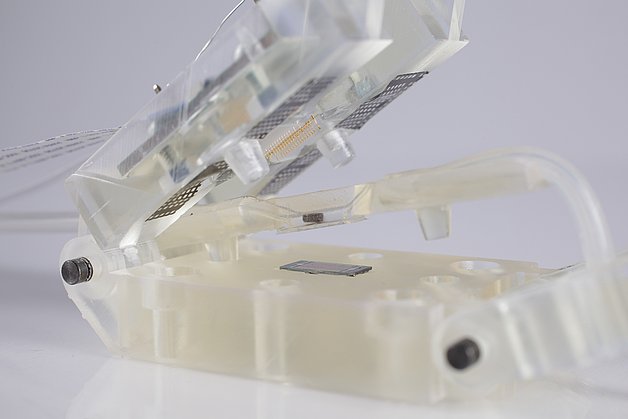
Project
MikroGraph
IMMS is developing evaluation electronics for new, highly sensitive graphene sensor technology for on-site detection of micropollutants in wastewater.
Contact
Contact
Dipl.-Hdl. Dipl.-Des. Beate Hövelmans
Head of Corporate Communications
beate.hoevelmans(at)imms.de+49 (0) 3677 874 93 13
Beate Hövelmans is responsible for the text and image editorial work on this website, for the social media presence of IMMS on LinkedIn and YouTube, the annual reports, for press and media relations with regional and specialist media and other communication formats. She provides texts, photographs and video material for your reporting on IMMS, arranges contacts for interviews and is the contact person for events.


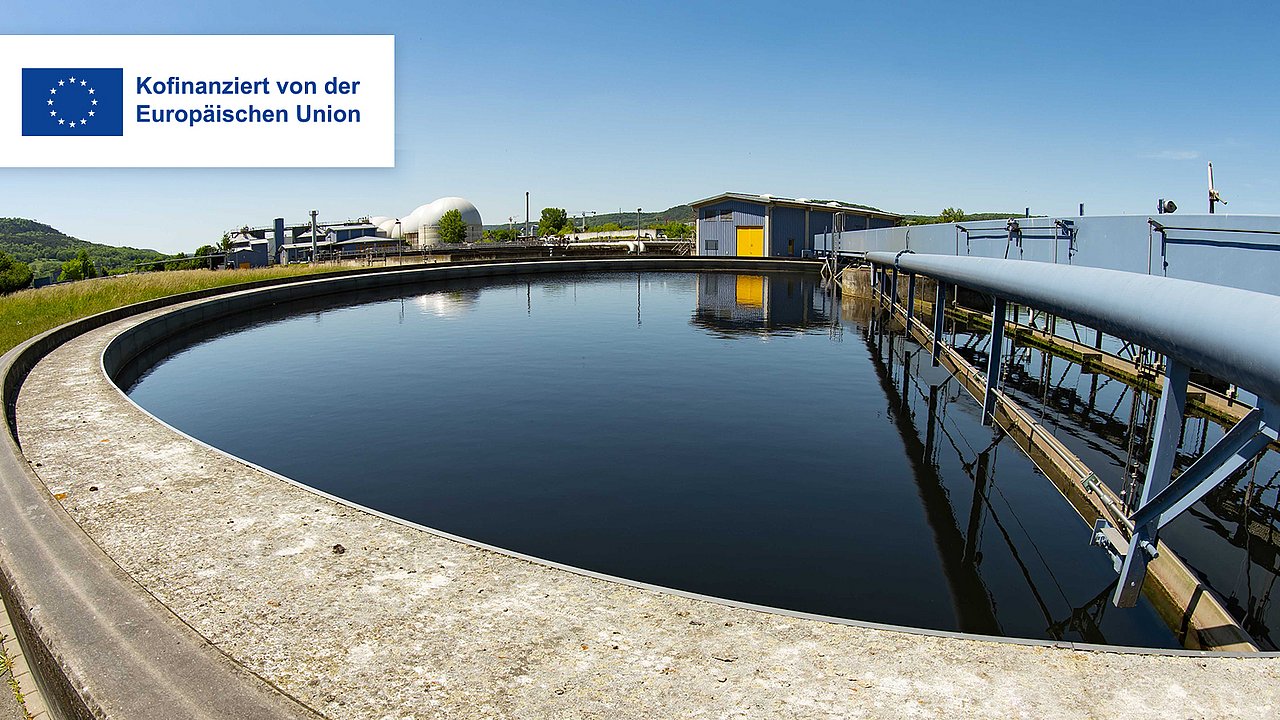
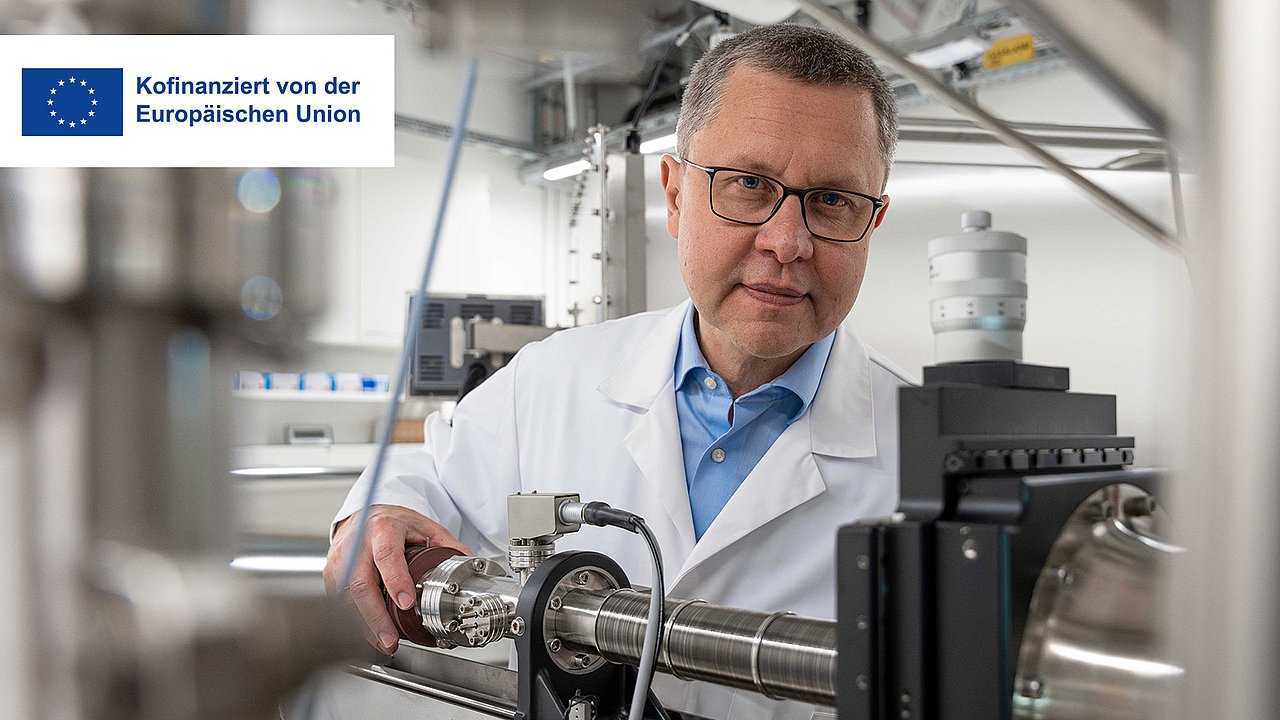
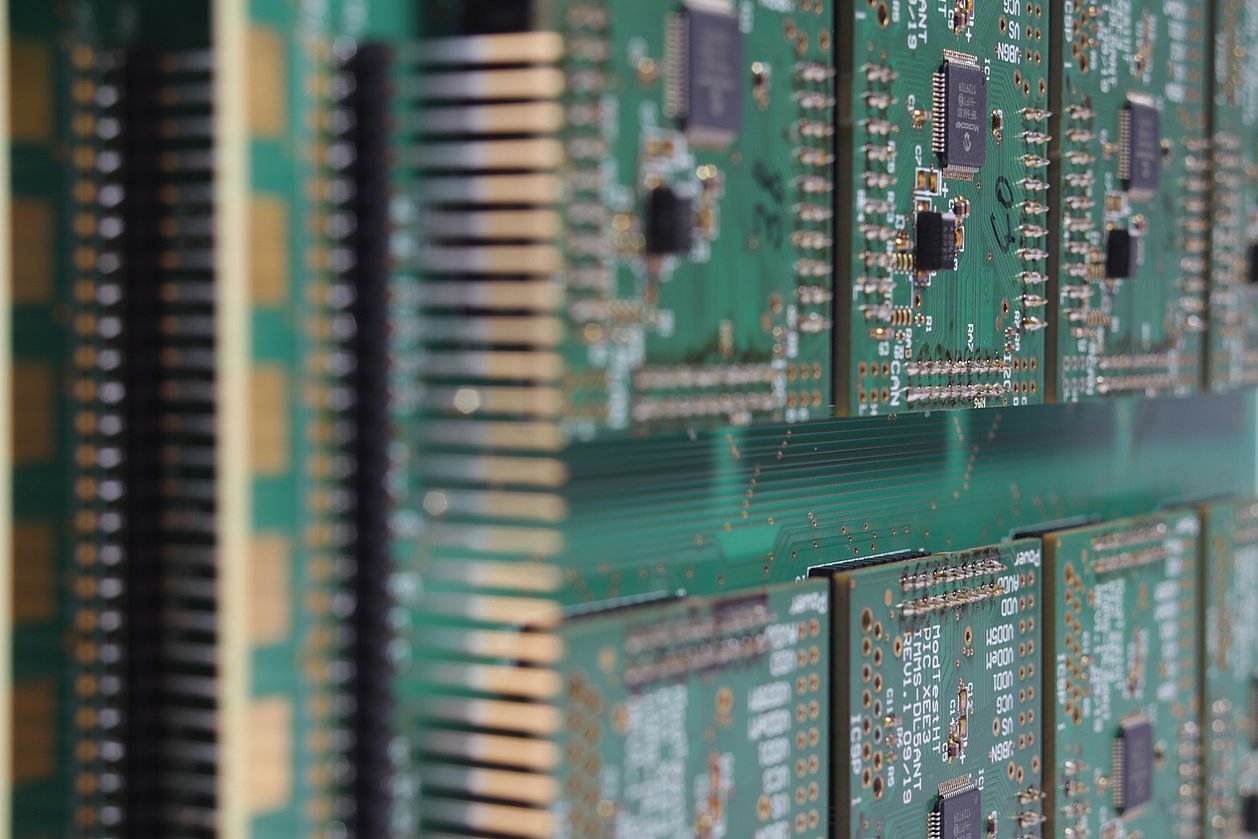
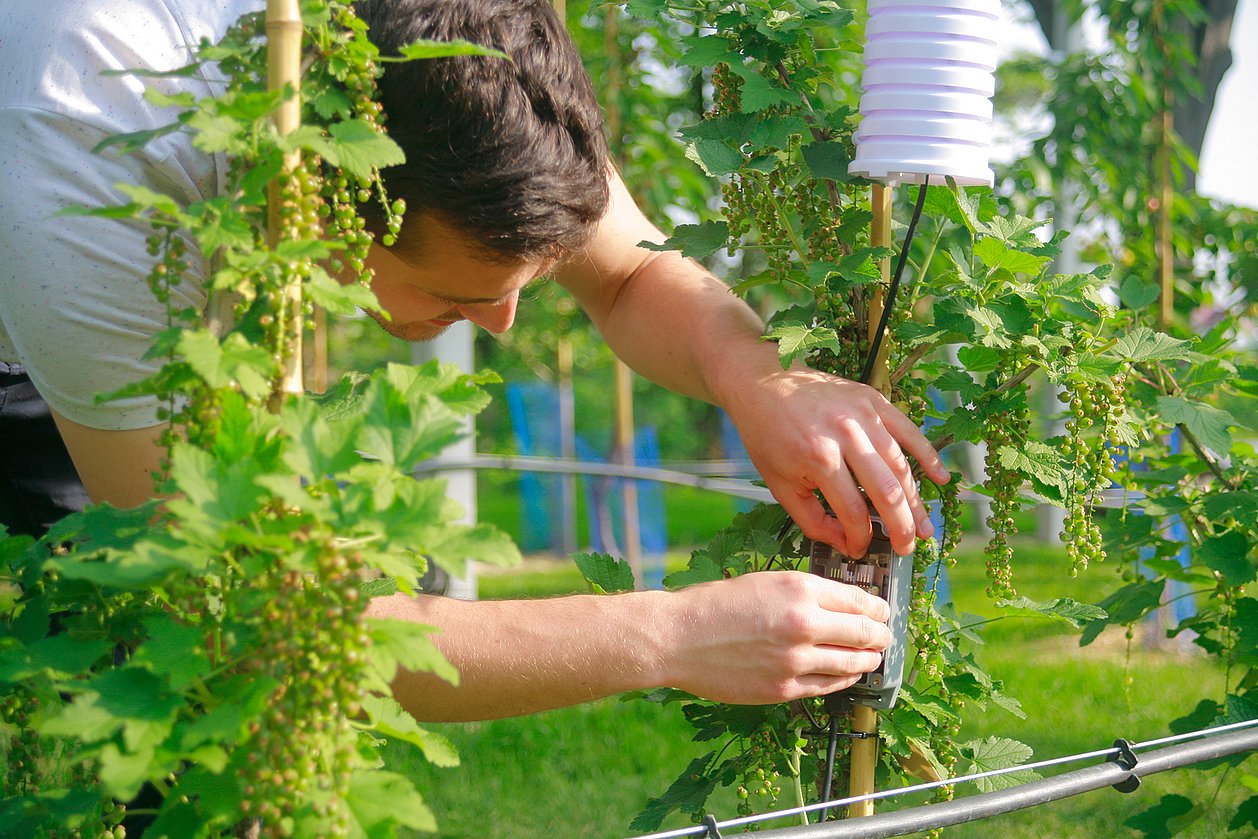
![[Translate to English:] [Translate to English:]](/fileadmin/_processed_/a/7/csm_20130223_dcSen_ProberEF_MM_MG_3325_1920x1280_588e478d86.jpg)
